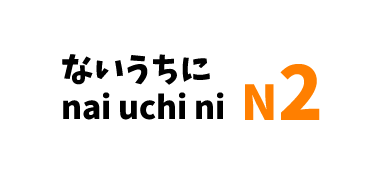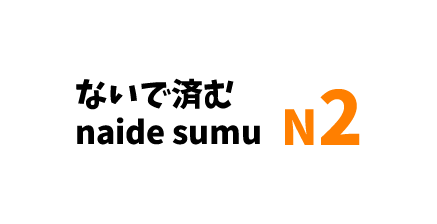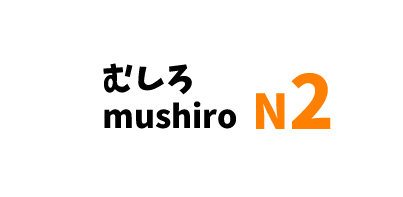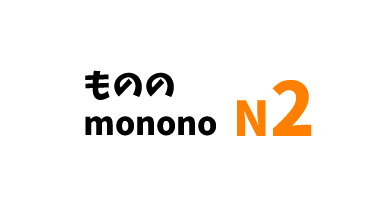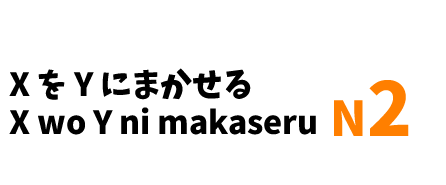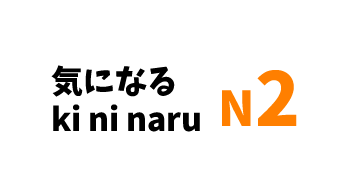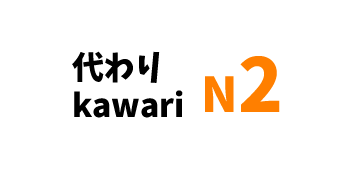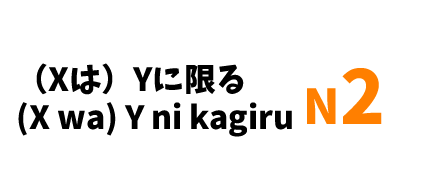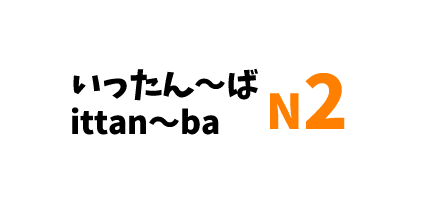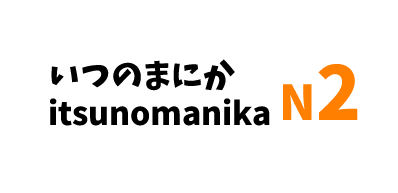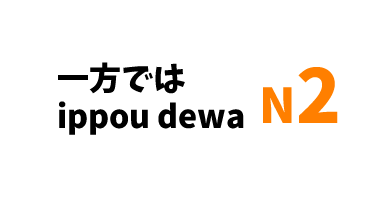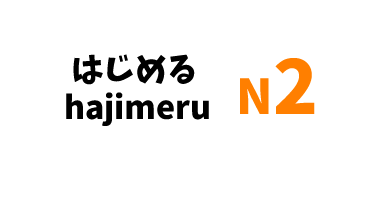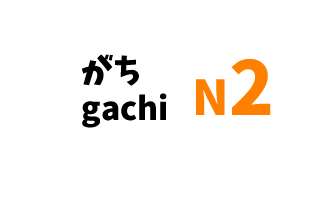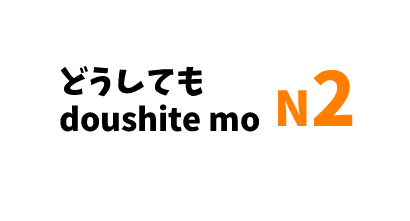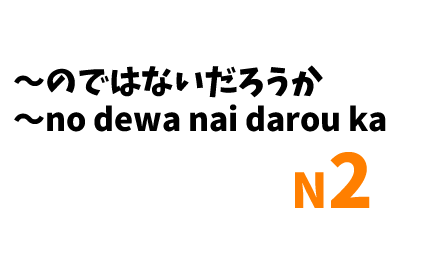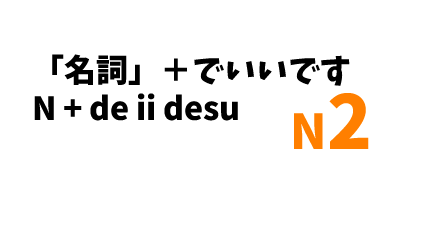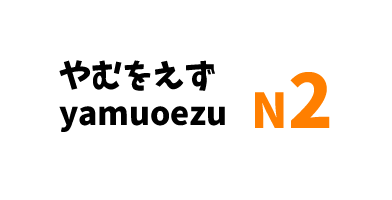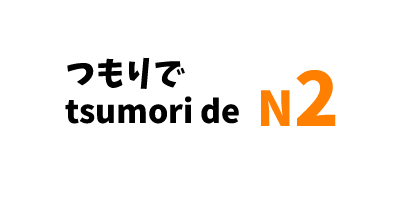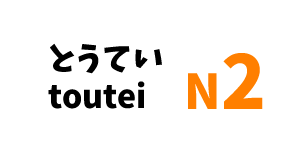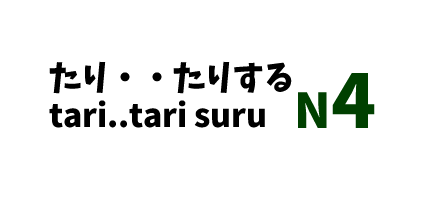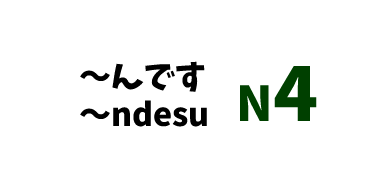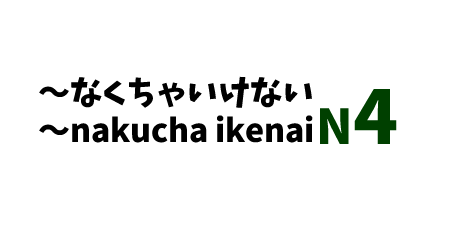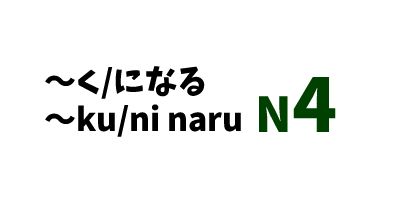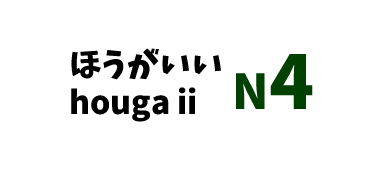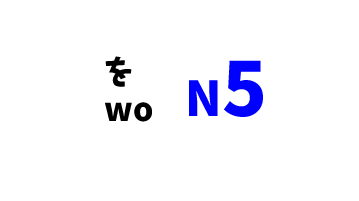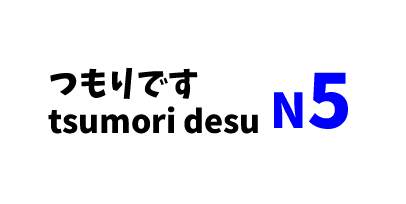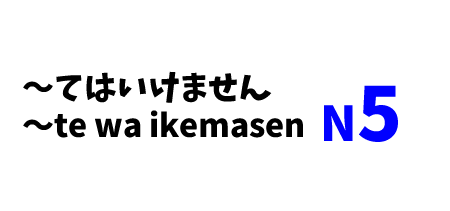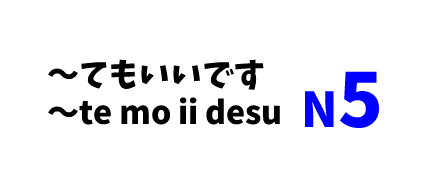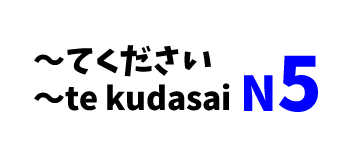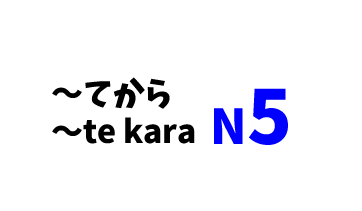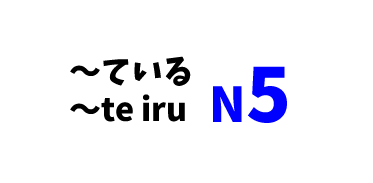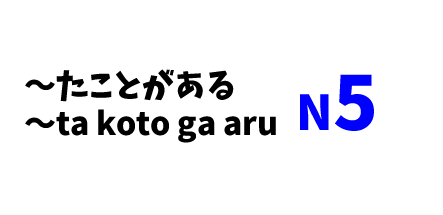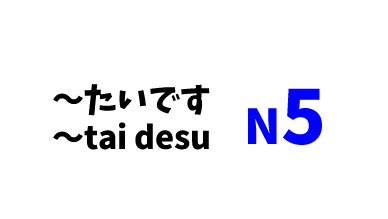~ないうちに ~nai uchi ni How to make”~ないうちに…” in Japanese. ・ Meaning: 何かが起こる前に、 before something happens ・ … 【N2】~ないうちに /~nai uchi niRead more
STUDY JLPT
STUDY JLPT
【N2】~ないで済む/~ naide sumu
~ないで済む ~naide sumu How to make”~ないで済む…” in Japanese. ・ Meaning: gets by without doing V … 【N2】~ないで済む/~ naide sumuRead more
【N2】むしろ X/ mushiro
むしろ X mushiro How to make”むしろ…” in Japanese. ・ Meaning:rather ・ JLPT Level: 2 日本語能力試験N2級レベル … 【N2】むしろ X/ mushiroRead more
【N2】ものの X/ monono
ものの X monono How to make”ものの…” in Japanese. ・ Meaning:だけれども、although ・ JLPT Level: 2 日本語能力試験N2級レベル … 【N2】ものの X/ mononoRead more
【N2】X を Y にまかせる/ X wo Y ni makaseru
X を Y にまかせる X wo Y ni makaseru How to make”X を Y にまかせる…” in … 【N2】X を Y にまかせる/ X wo Y ni makaseruRead more
【N2】こそ/ koso
こそ koso How to make”こそ….” in Japanese. ・ Meaning: emphasize,強調 especially (emphasis),very ・ JLPT Level: 2 … 【N2】こそ/ kosoRead more
【N2】気になる /ki ni naru
気になる ki ni naru How to make”気になる….” in Japanese. ・ Meaning: to be concern about,worried … 【N2】気になる /ki ni naruRead more
【N2】代わり /kawari
代わり kawari How to make”代わり….” in Japanese. ・ Meaning: いい面と悪い面がある時使う。,something has both good and bad … 【N2】代わり /kawariRead more
【N2】(Xは)Yに限る/ (X wa) Y ni kagiru
(Xは)Yに限る (X wa) Y ni kagiru How to make”(Xは)Yに限る….” in Japanese. ・ Meaning: As for … 【N2】(Xは)Yに限る/ (X wa) Y ni kagiruRead more
【N2】いったん~ば/ ittan~ ba
いったん~ば ittan~ ba How to make”いったん~ば….” in Japanese. ・ Meaning: Once you do something… ・ … 【N2】いったん~ば/ ittan~ baRead more
【N2】いつのまにか /itsunomanika
いつのまにか itsunomanika How to make”いつのまにか….” in Japanese. ・ Meaning: before you realize , before one knows … 【N2】いつのまにか /itsunomanikaRead more
【N2】一方では/ ippou dewa
一方では ippou dewa How to make”一方では….” in Japanese. ・ Meaning: on the other hand ~が … 【N2】一方では/ ippou dewaRead more
【N2】~はじめる /~hajimeru
~はじめる ~hajimeru How to make”~はじめる….” in Japanese. ・ Meaning: begin V-ing ある活動を始める ・ JLPT Level: … 【N2】~はじめる /~hajimeruRead more
【N2】~がち /~gachi
~がち ~gachi How to make”~がち….” in Japanese. ・ Meaning: その傾向がある。 tend to ・ JLPT Level: 2 … 【N2】~がち /~gachiRead more
【N2】どうしても/ doushite mo
Meaning/意味 no matter what, at any cost; after all You can use どうしても when you want to … 【N2】どうしても/ doushite moRead more
【N2】~のではないだろうか /~nodewa nai darouka
~のではないだろうか ~nodewa nai darouka How to make”~のではないだろうか ….” in Japanese. ・ Meaning: 「と思います」の間接的表現 I think … 【N2】~のではないだろうか /~nodewa nai daroukaRead more
【N2】「名詞」+でいいです/ N + de ii desu
「名詞」+でいいです N + de ii desu How to make”「名詞」+でいいです ….” in Japanese. ・ Meaning: quite … 【N2】「名詞」+でいいです/ N + de ii desuRead more
【N2】やむをえず/ yamuoezu
やむをえず yamuoezu How to make”やむをえず ….” in Japanese. ・ Meaning: unavoidable, no other way to … 【N2】やむをえず/ yamuoezuRead more
【N2】つもりで/ tsumori de
つもりで tsumori de How to make”つもりで….” in Japanese. ・ Meaning: with the intention of doing, … 【N2】つもりで/ tsumori deRead more
【N2】とうてい/ toutei
とうてい toutei How to make”とうてい….” in Japanese. ・ Meaning: 不可能だ。 無理。 どうやってもできない。 (can’t) possibly ・ JLPT … 【N2】とうてい/ touteiRead more
【N4】たり・・たりする/tari..tari suru
たり・・たりする tari..tari suru How to make”たり・・たりする..” in Japanese. ・ Meaning: do such things as A and … 【N4】たり・・たりする/tari..tari suruRead more
【N4】~んです/~ndesu
~んです ~ndesu How to make”~んです..” in Japanese. ・ Meaning: the mode of explaining things ・ JLPT … 【N4】~んです/~ndesuRead more
【N4】~なくちゃいけない/~nakucha ikenai
~なくちゃいけない ~nakucha ikenai How to make”~なくちゃいけない..” in Japanese. ・ Meaning: say necessary to do something, must, … 【N4】~なくちゃいけない/~nakucha ikenaiRead more
【N4】~く/になる/~ku/ni naru
~く/になる ~ku/ni naru How to make”~く/になる..” in Japanese. ・ Meaning: become adj ・ JLPT Level: N4 … 【N4】~く/になる/~ku/ni naruRead more
【N4】~ほうがいい/~houga ii
~ほうがいい ~houga ii How to make”~ほうがいい..” in Japanese. ・ Meaning: it is better to do ・ … 【N4】~ほうがいい/~houga iiRead more
【N5】を o/wo
を o/wo How to make”を..” in Japanese. ・ Meaning: indicates direct objects, object maker ・ JLPT … 【N5】を o/woRead more
【N5】は wa/ha
は wa/ha How to make”は..” in Japanese. ・ Meaning: topic maker, As for ・ JLPT Level: … 【N5】は wa/haRead more
【N5】~つもりです/~tsumoridesu
~つもりです ~tsumoridesu How to make”~つもりです..” in Japanese. ・ Meaning: I intend to (verb) ・ JLPT Level: … 【N5】~つもりです/~tsumoridesuRead more
【N5】と to
と to How to make”と..” in Japanese. ・ Meaning: and ・ JLPT Level: N5 日本語能力試験N5級レベル ・ … 【N5】と toRead more
【N5】~てはいけません/~te wa ikemasen
~てはいけません ~te wa ikemasen How to make”~てはいけません..” in Japanese. ・ Meaning: You can’t do… ・ JLPT … 【N5】~てはいけません/~te wa ikemasenRead more
【N5】~てもいいです/~te mo ii desu
~てもいいです ~te mo ii desu How to make”~てもいいです..” in Japanese. ・ Meaning: You can do… or … 【N5】~てもいいです/~te mo ii desuRead more
【N5】~てください/~te kudasai
~てください ~te kudasai How to make”~てください..” in Japanese. ・ Meaning: to make polite request to another … 【N5】~てください/~te kudasaiRead more
【N5】~てから/~te kara
~てから ~te kara How to make”~てから..” in Japanese. ・ Meaning: after doing ・ JLPT Level: N5 … 【N5】~てから/~te karaRead more
【N5】~ている/~teiru
~ている ~teiru How to make”~ている..” in Japanese. ・ Meaning: an action in progress, verbs that described … 【N5】~ている/~teiruRead more
【N5】~たことがある/~ta koto ga aru
~たことがある ~ta koto ga aru How to make”~たことがある..” in Japanese. ・ Meaning: have/has the experience of … 【N5】~たことがある/~ta koto ga aruRead more
【N5】~たいです/~tai desu
~たいです ~tai desu How to make”~たいです..” in Japanese. JLPT Level: N5 日本語能力試験N5級レベル Meaning: I want to … 【N5】~たいです/~tai desuRead more
